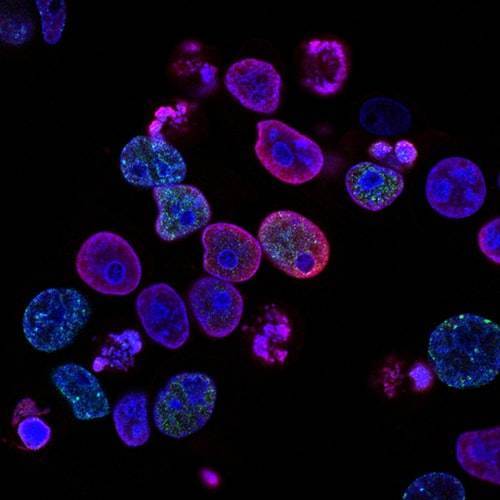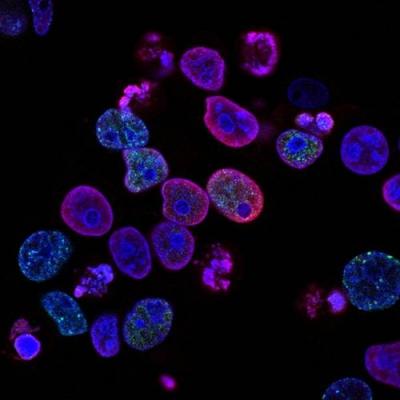Statistics indicate that one in every two people will be diagnosed with cancer in their lifetime. With a wave of potential patients on the horizon, it has become more crucial than ever to develop new technologies for cancer treatment. However, before cancer can be treated, it must first be diagnosed. The earlier cancer is detected, the better the patient's average life expectancy.
Earlier this month, doctors and scientists announced significant progress in developing an artificial intelligence tool that can predict the likelihood of cancer recurrence. Clinical oncologists described this technique as "exciting," believing that this technology could revolutionize patient monitoring.
The results came from the first study of its kind in the world conducted by the Royal Marsden Foundation and the Institute of Cancer Research in London. Dr. Richard Lee commented on the findings, stating, "This is an important step forward in the ability to use artificial intelligence to understand which patients are most at risk of cancer recurrence and to detect this relapse sooner so that re-treatment can be more effective."
Dr. Lee added, "Moreover, the technology will also help patients by reducing the number of required screenings, decreasing exposure to radiation, minimizing hospital visits, and utilizing resources more efficiently."
The lead researcher in the study described recurrence as a major source of concern, adding that they hope to improve cancer patient care, help them live longer, and reduce the disease's impact on their lives.
In addition to predicting whether tumors will grow again, the artificial intelligence technology will aid in early detection of new types of cancer in patients, allowing for earlier treatment.
As part of the study, doctors looked at patients with non-small cell lung cancer at risk of recurrence following radiation treatment. Lung cancer is one of the four most common types of cancer in the UK, alongside bowel cancer and breast cancer, according to the British newspaper Express.
In the trials, it was found that artificial intelligence was more effective in predicting outcomes than current methods. Study leader Dr. Sumit Hindutcha stated, "Currently, there is no specific framework for monitoring non-small cell lung cancer patients after radiation treatment."
This means there is variation in the type and frequency of follow-ups that patients receive; thus, artificial intelligence can be used to create a standard level so that there is no discrepancy in patient follow-up. The study is part of a game-changing path towards improving cancer treatment and diagnosis.




